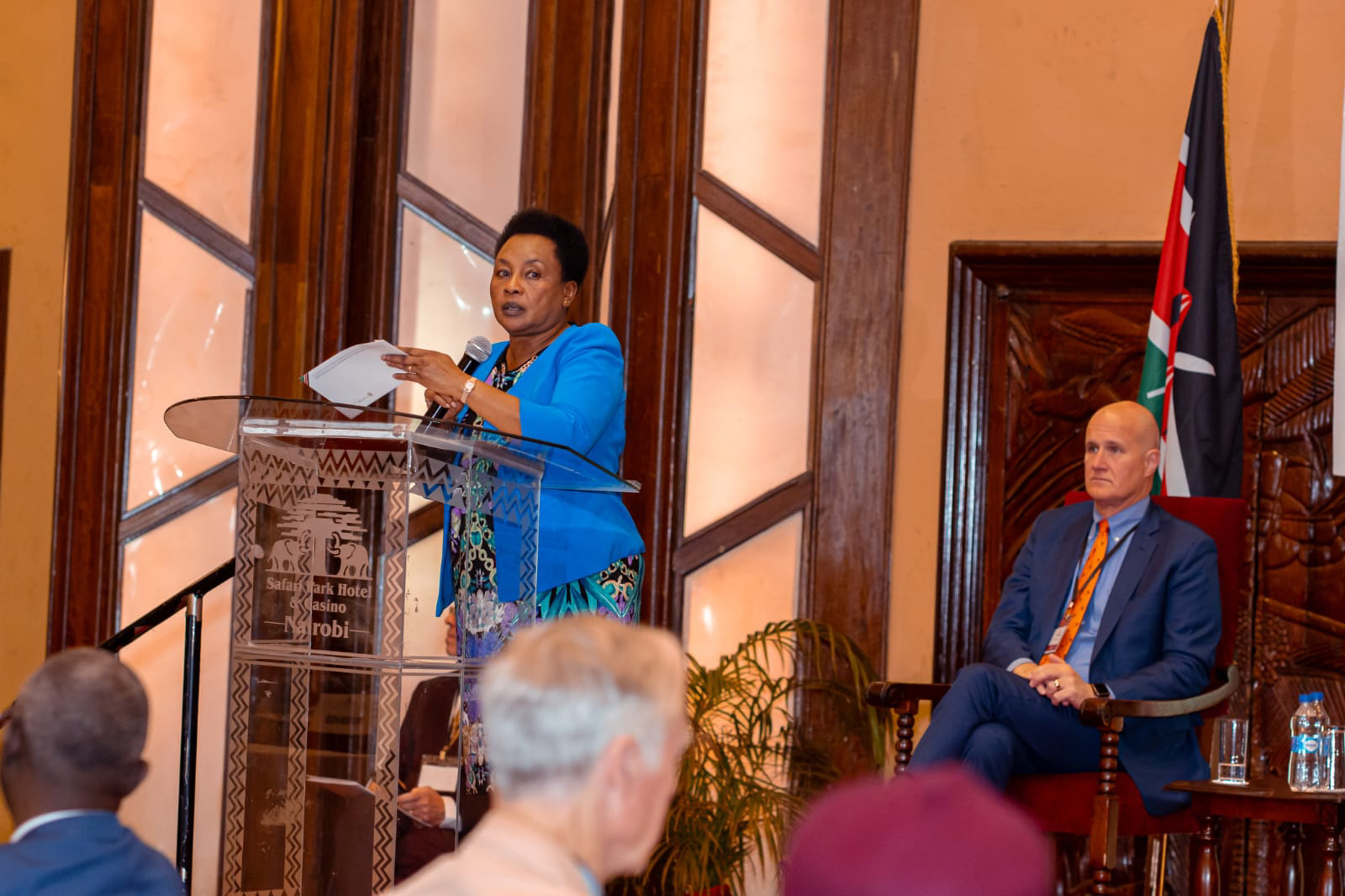Accelerate Program Hosts Learning Agenda Dissemination Event in Nairobi: Insights into SRH and GBV Services
The Accelerate Program today held its Learning Agenda Dissemination Event in Nairobi, where stakeholders came together to exchange on critical insights around the topic of "Using Evidence for Learning and Adaptation." The event shed light on challenges and progress in the delivery of sexual and reproductive health (SRH) and gender-based violence (GBV) services in Kenya's four counties: Narok, Kwale, West Pokot, and Garissa.
There were various levels of preparedness in the health facilities to offer integrated SRH and GBV services. The Findings from the from the Second Wave of Accelerate Studies revealed that in spite of all the logistic and cultural barriers, there has been a notable development in the use of modern contraception even in the most remote areas. However, communities like Kwale, Narok, and West Pokot have several women secretly using contraceptive injections since men oppose this idea. Such opposition is often based on grounds of concern about side effects, fears of infidelity, and also strong pro-fertility cultural norms, showing the need for more inclusive family planning dialogues within communities.
The study in Garissa found married women of reproductive age prefer natural birth spacing methods. Modern contraceptive methods were used very little, with respondents commonly citing fears of side effects and adherence to pro-natalist values linked with faith and cultural norms. IUDs were especially among the least-liked methods because participants feared possible infertility, pain, a lack of privacy, and infection. Despite the mentioned hesitations, awareness campaigns brought good results across the counties, where more communities began adopting modern contraceptive methods, mainly in areas with less male opposition.
The event emphasized the continuous struggle in accessing justice for survivors in terms of GBV services.
The Accelerate Program called for more resources to be made available in support of comprehensive GBV services, including Hepatitis B vaccinations, dignity kits, PEP (post-exposure prophylaxis), and better forensic medical examinations (FME). The program recommended that wide-spread support in remote areas with few or no services should be a priority, as well as strengthening community-led SBCC to spread messages of GBV prevention, particularly through local dialects for better outreach, especially in low-literacy populations.
The Accelerate Program also highlighted the need for strengthening partnerships between health facilities and legal structures with a view to improving survivor GBV outcomes. The traditional justice systems, though well embedded in communities, need to be regulated in order to guarantee survivors the right to fair justice. More than this, it was recommended that logistica support, such as vouchers or online hearings, would further help health providers present evidence in court and thus relieve some of the barriers associated with GBV legal cases. Such an event was very important in highlighting the gaps in SRH and GBV services within the diverse counties in Kenya. It emphasized the need for continued engagement at the community level, allocation of resources, and policy reform to ensure that health services and justice are truly accessible to those who need them most.





Comments
Post a Comment